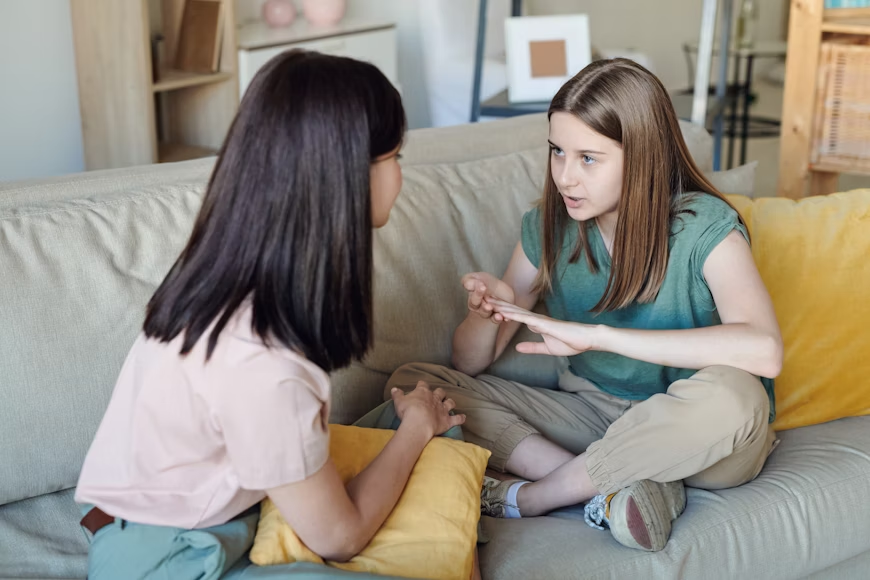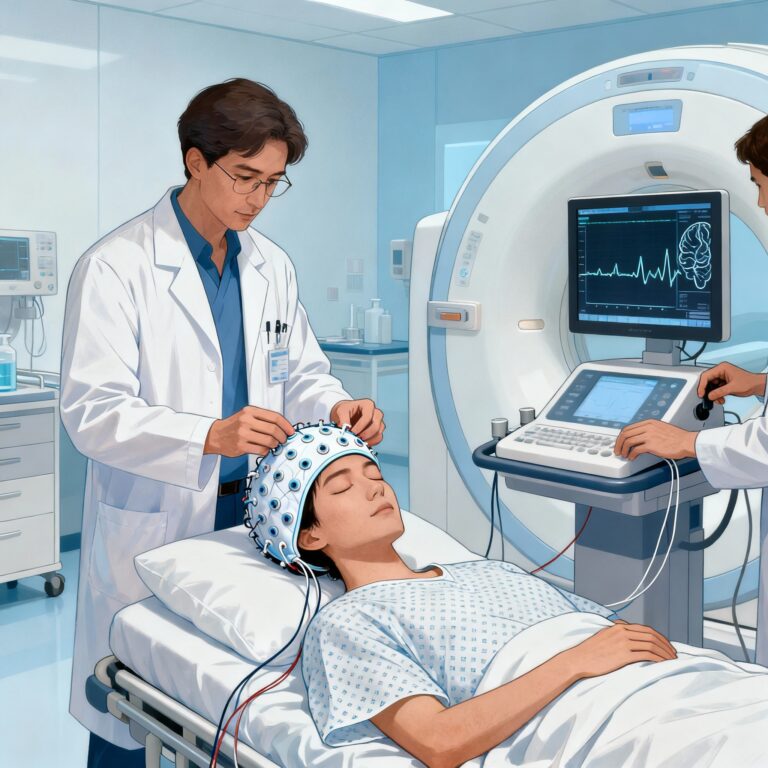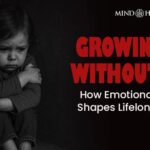This September, the US Centers for Disease Control and Prevention (CDC) is introducing the Free Mind Campaign, a nationwide initiative addressing two urgent challenges facing America’s youth: substance use and mental health. The Mind Campaign responds to alarming statistics showing rising rates of overdose, persistent sadness, and untreated mental health problems among teens.
Why the Free Mind Campaign Matters
Adolescents today are under immense pressure, from academic demands to social anxieties aggravated by digital media. Added to this are concerns about vaping, alcohol, and drug experimentation, which can quickly escalate into substance abuse. The Free Mind Campaign recognizes the deep connection between these behaviors and mental health struggles, offering holistic support and resources to both teens and caregivers.
The campaign’s objective is to spark open conversations, reduce stigma, and empower young people to seek help before issues become crises. CDC experts emphasize that early intervention—combined with honest, supportive relationships—is the foundation of the Free Mind Campaign’s approach.
Key Elements of the Free Mind Campaign
The campaign uses a multi-pronged strategy to reach teens and families where they are. It provides digital resources, school materials, and guidance for parents to start sensitive conversations about substance use and mental health.
Schools nationwide are receiving materials, including posters, worksheets, and curriculum supplements that encourage healthy choices. Community forums and online town halls under the initiative foster safe spaces for questions and sharing personal stories.
An integral part of the Mind Campaign is the support it offers to caregivers. Parents and educators receive practical guides for identifying warning signs, responding to crises, and accessing professional help. The campaign’s website features interactive tools and a helpline for immediate assistance.
Reaching Vulnerable Youth
The Free Mind Campaign is particularly focused on reaching the most vulnerable groups—those at risk for overdoses, self-harm, and social isolation. CDC data shows that over 40% of high school students report persistent sadness and hopelessness, and overdose deaths among teens have reached record highs.
To counter this, the Mind Campaign is partnering with local organizations, youth mentors, and social media influencers to amplify messages of hope and resilience. Personal stories are shared to let teens know they’re not alone, and that support is always available.
Moving Forward: The Impact of the Free Mind Campaign
Experts believe the Free Mind Campaign is a breakthrough in public health outreach. By leveraging technology and community support, it meets youth in the digital environments they frequent and brings trusted adult allies into the conversation.
Early data from pilot sites indicate increased awareness and improved willingness to seek help among youth exposed to the Free Mind Campaign. Parents express more confidence in addressing tough topics, and educators report healthier school climates when Mind Campaign resources are deployed.
Looking ahead, the CDC plans to expand the Mind Campaign’s reach, translating materials into multiple languages and adapting for different cultural groups. As the campaign grows, it aims to foster stronger connections, reduce crises, and help young people build lasting resilience.
Collaboration with local healthcare providers and youth organizations is expected to amplify impact across diverse communities.
By addressing both substance use and mental health together, this initiative is set to make a profound difference in the lives of America’s youth.
Frequently Asked Questions –
What is the Free Mind Campaign?
The Free Mind Campaign is a CDC initiative focused on preventing youth substance use and promoting mental health through resources, education, and support.
Who can benefit from the Mind Campaign?
Youth, parents, educators, and community leaders all benefit from the Mind Campaign’s resources and outreach.
How does the Free Mind Campaign help teens?
It provides materials, conversation guides, online support, and connects youth to professional mental health and substance use services.
Where can I find Free Mind Campaign resources?
The CDC’s Free Mind Campaign materials are available online, through schools, and at community events nationwide.







